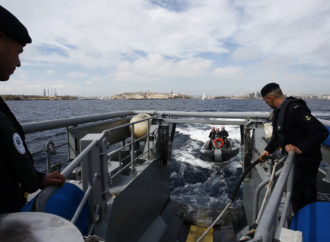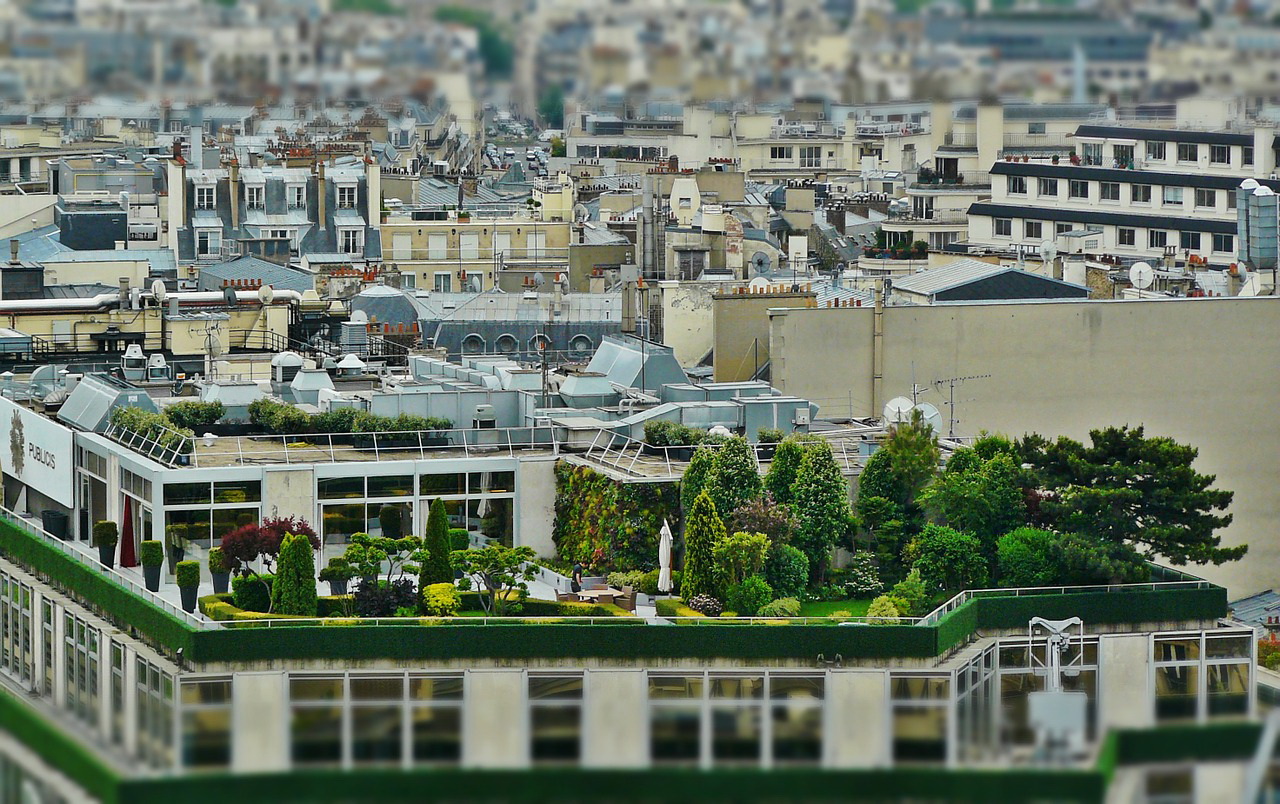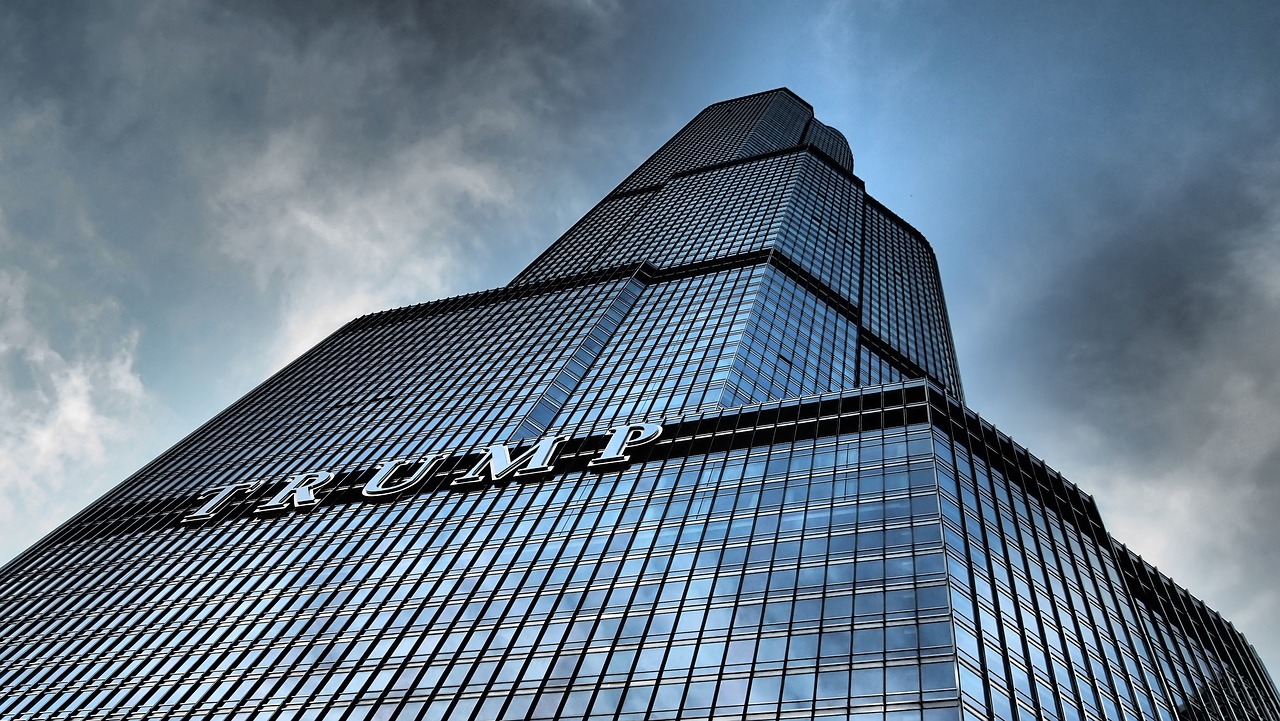POLITHEOR
European Policy Network
Op-ed
- Home
- Op-ed

Trump and EU Defence: A blessing in disguise?1
- International Relations and Global Affairs, Op-ed
- 26/12/2016
After the election of Trump, the High Representative Federica Mogherini stressed the following in a CNN interview: “friendship stays, partnership stays, but EU politics is not determined by US politics”. The emerging unpredictability surrounding the United States (USA) opened up the possibility for the European Union (EU) to play a role as super power.
READ MORE
Grey is the new Paris: How green can defeat the smog0
- Environment and Energy, Op-ed
- 21/12/2016
By committing itself to making trees and green infrastructure a part of its scenery, Paris can bring colours back to a grey city.
READ MORE

New European border management – the human cost0
- Human Rights and Migration, Op-ed
- 19/12/2016
According to the speeches on the inauguration day of the newly re-shaped Frontex agency, it seems that the European Union has found the best antidote to the migration challenge so far: the novelty has been labelled a “milestone” in the history of border politics and solidarity between Member States. But Frontex’ new aims focus foremost on control and monitoring, whilst little is said about the asylum system and the refugees’ rights.
READ MORE
Welcome to the not so concrete jungle: How the EU envisages a greener future0
- Environment and Energy
- 15/12/2016
Throughout the European Union, local, regional and national authorities are confronted with a myriad of complex challenges in relation to urban, economic and sustainability concerns. Such pressing issues include the need to ensure biodiversity conservation and ecosystem services. The concept of ‘green infrastructure’ (GI) has come to the fore within policy circles in recent years and is seen as a vital cog within the EU’s continued efforts to attain its conservation, climate & energy targets for 2020 and beyond.
READ MORE
Afghanistan – a safe third country?0
- Human Rights and Migration, Op-ed
- 13/12/2016
Recently the EU and the government of Afghanistan signed a readmission agreement, a deal made ‘migration sensitive’ as it transpires from an EU Restricted Country Fiche proposing possible leverages, dated March 2016. The EU pledges to provide financial aid for development and peace-building in exchange for Afghanistan’s approval to admit back failed asylum seeking nationals. Does this deal align with the principle of ‘non-refoulement’? Is Afghanistan a safe third country?
READ MORE







